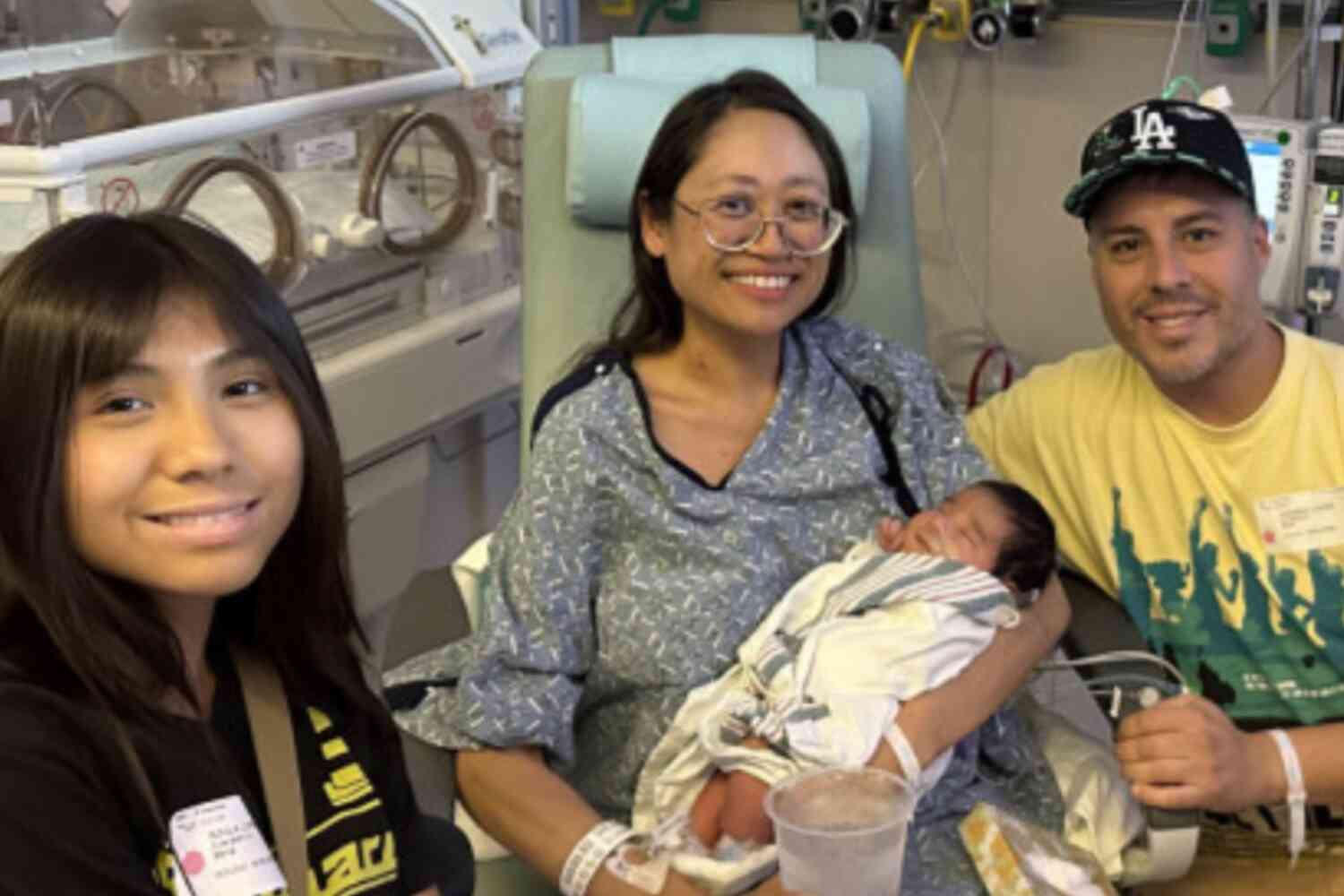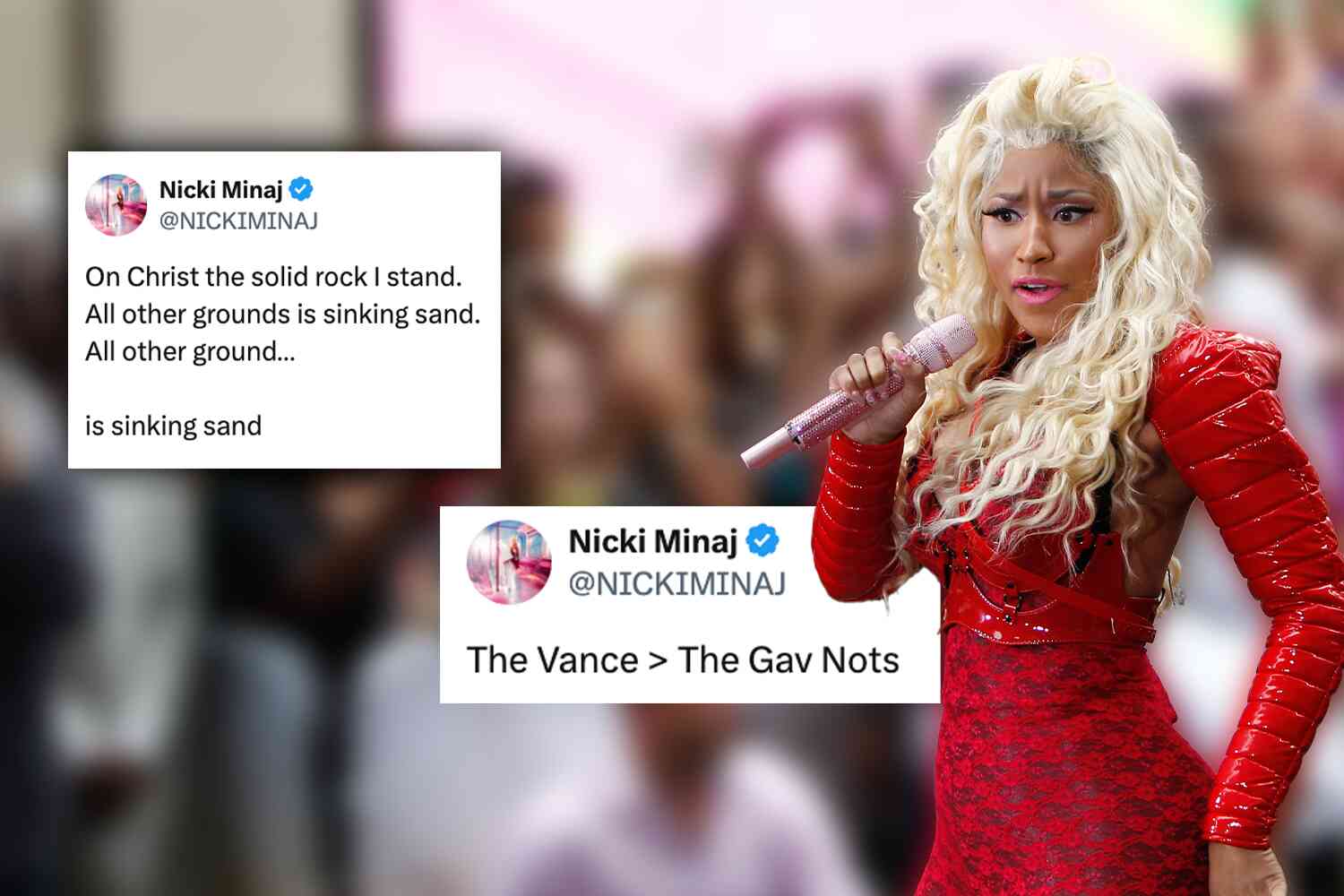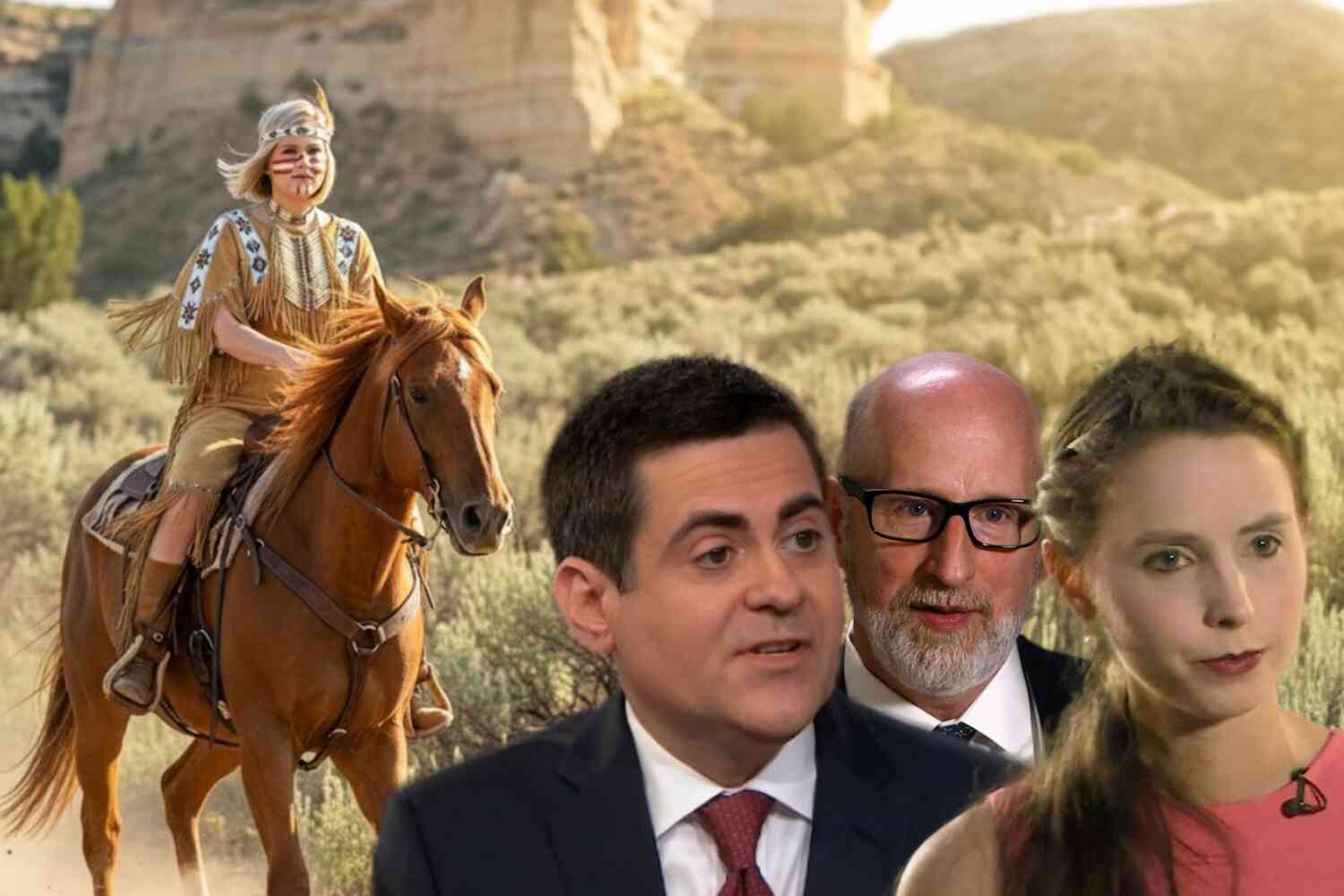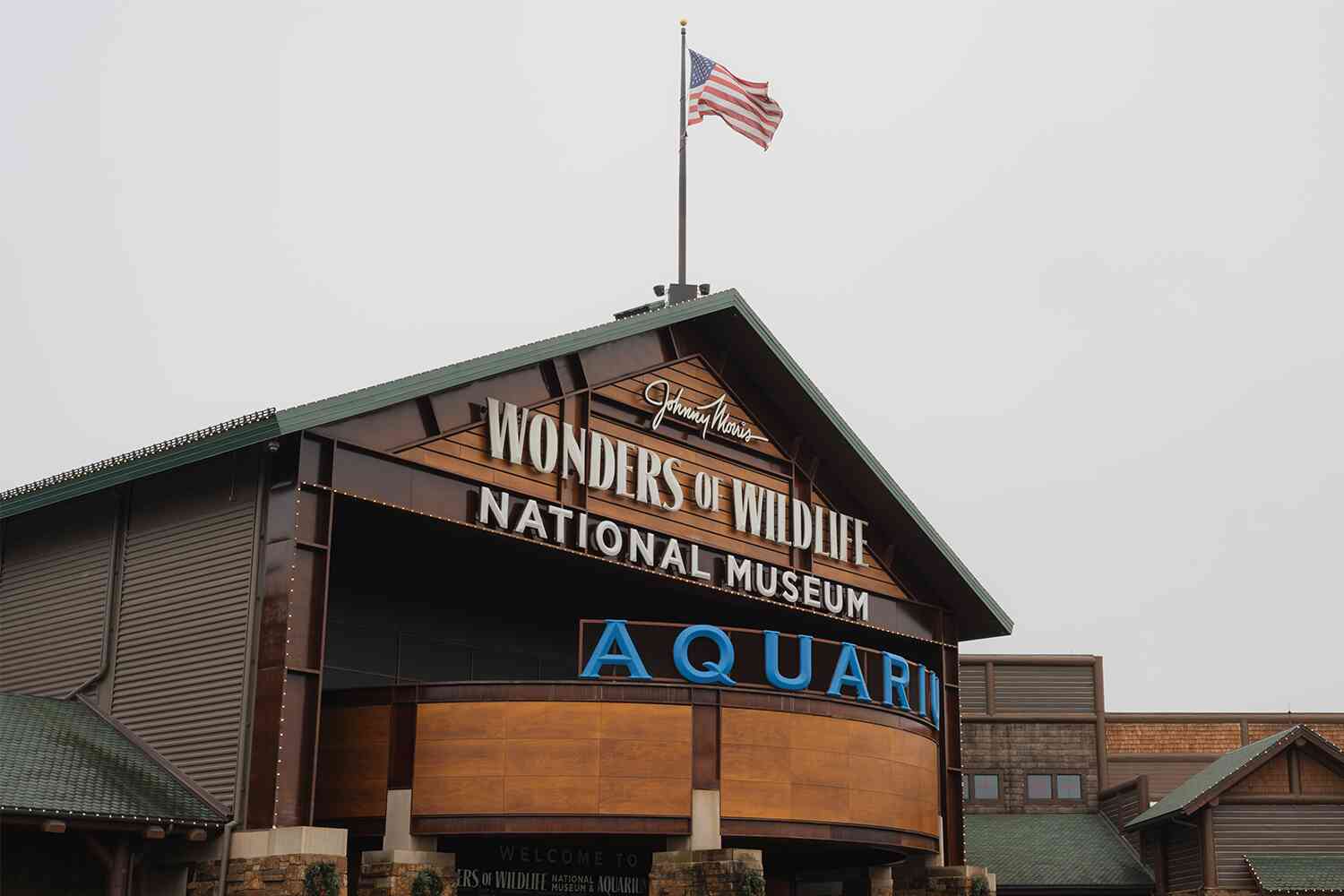Like you, I've read the stories depicting our country's cities, specifically those under liberal rule, as dystopian nightmares unfit for human habitation where animals roam the street slaughtering the innocent at will.

These pieces are usually followed by pleas to those few remaining residents lucky enough to have survived to flee for their lives.
As it so happens, I work in one of those dystopian nightmares, Washington DC, and live just across the river from it in Arlington County (which is becoming increasingly urban itself), and, well, that's not a full picture of life in the city.
That's not to say there isn't ample justification for the alarm, as crime is clearly on the rise in many of these cities (at least as compared to recent years), often dramatically so. One can argue, as I have, that this is in large part due to policies that appear to treat criminals as social justice victims and actual victims as social justice criminals. Never mind that this is lunacy and that those typically most hurt by turning criminals loose on the street are these very same social justice victims, but then it's not about helping people. It never was.
While that may all be true, there is a danger in over playing a hand, and it's difficult to convince city residents who are enjoying a great meal at an outdoor café as happy couples stroll by that no, they are actually sifting through the smoldering ruins of said café while terrified couples run screaming for their lives.

It's not just that people's everyday lives don't square with some of the more apocalyptic rhetoric, there are other factors as well, and if you truly want to persuade people regarding the issue of crime, it's critical to understand why city residents for the most part seem curiously indisposed towards tossing their Soros-installed prosecutors out on the street.
I've lived in and around major urban areas my entire adult life, mostly New York City and Washington DC, but a handful of others as well. While I spent a material chunk of my childhood growing up in a small town and still feel very much at home in rural settings and the culture that comes with them, the fact is, in many important ways, I'm a city guy.
So let's dive in to why city dwellers aren't as freaked out as you might think they should be.
1. It's not as bad as you think.
Big caveat here: There are undoubtedly some areas that are as bad as you think (Seattle is a big contender) and many urban areas have certainly seen an uptick in crime over the past few years, but even most of those, by fairly recent historical standards, are not anywhere near as bad as they've been in the not-at-all-distant past.
Take San Francisco. I have not been to San Francisco in a while, but I always thought it was a dirty, unkempt city with way too many homeless people and the ever-present possibility of a crime breaking out at any moment, so it wouldn't surprise me to learn that it is an even more dirty, unkempt city with way too many homeless people and the ever-present possibility of crime breaking out at any moment.
But, statistically speaking, that's not what's happening, dramatic headlines notwithstanding.
Here is an historical graph of violent crime rates in San Francisco from 2003 to 2018.
How does that compare to 2022, the last year with complete data?
The violent crime rate in 2022 was 636 per 100,000 residents, about 25% lower than it was in 2006. San Francisco is safer, statistically, than Houston, Dallas, Seattle, New Orleans and numerous other cities ranked safer by the Gallup poll respondents.
And yet, as the article notes, even San Fransisco residents think it has become more dangerous. I suspect that is in large part because quality-of-life issues (open drug use and worse) that would not show up in crime statistics have worsened appreciably in recent years and could also account for a very large and very real decline in population.
But crime? Yes, they kicked out their progressive prosecutor in a recall but the mayor didn't exactly appoint a Rudolph Giuliani type in his place, and I wouldn't hold my breath on anything like that happening in next year's election. However, this is encouraging and demonstrates that people do have some limit to what they will tolerate.
Then there's New York. I lived in New York in the '80s when it was so bad the criminals were stealing from other criminals.
Police say that Garnell Thompson stole almost $1,300 in cash and jewelry from passengers on a J train in Brooklyn. Passengers chased him off the train at Hughes street and caught him. While he was pinned down, police say that Julio Malava went through his pockets and stole the jewelry. Now both men are facing charges.
First of all...

Second of all, yeah, it was pretty bad in the '80s.
And no, as popular as Florida is, New York's population hasn't plunged to new lows in recent years. It has definitely taken a hit since Covid, but it's still near all-time highs.
One important thing to note is the increase in murders in the past few years. That's real, too, and when murders increase 25% in a few years, people notice, particularly relative newcomers. But the reality is that compared to 2022, there were more murders in New York City in every year from 1960 all the way to 2011, when the population was lower.
You will find broadly similar, if mixed, statistics elsewhere. In fact, looking at the United States as a whole, violent crime remains relatively low.
Reported violent crime rate in the United States from 1990 to 2022 (per 100,000 of the population):
Let's move closer to my home, Washington DC.
Has crime gotten worse?
Since last year, absolutely.
How about compared to the '90s?
Crime was as much as twice what it is today, with roughly the same to slightly lower population.
If you click through to that table, you'll find that, depending on the category, crime today is similar to what it had been from 1960 through to the late '80s, spiking in the '90s, back to where it is today into the 2000s, and then a decline until the last few years making both the spike, and the decline, outliers if you will.
That is, the current crime rate is a return to mean.
That's not to minimize what is going on, just to place it in context so you appreciate the at-times lackadaisical reaction city people who have dwelt in or near cities their whole lives sometimes feel towards crime.
Which brings me to daily life here.
When I go into the office, I ride the Metro.
It is not an underworld populated by predators and crazy people.
Okay, some crazy people, but most are pretty harmless, more in need of help themselves than a danger to others.
Mostly it's just a mixture of commuters and tourists, depending on the day and time.
They have put in preventative measures in recent months in some stations to stop fare jumpers which had become far more prevalent, although less so recently, in part due to these barriers, and in part due to more Metro Police patrolling the stations (yes, even DC has begun to get serious about these more "petty" crimes).
How about that congressman who was carjacked in the Navy Yard neighborhood?
This is that neighborhood, about two short blocks from where it happened:
Not exactly the zombie apocalypse.
That building to the very far right? That's where Pete Buttegieg spends his time searching out inanimate objects for signs of racism.
I was meeting my wife and some friends in the area for dinner one recent weeknight. Not super bustling, but people still out and about enjoying what has become a really interesting and vibrant neighborhood (not far from Nats stadium).
That doesn't mean it's not without its hazards, and you always have to take precautions in any city. This is in an alley I cut through. Would I have done this in the dark? Probably not, not without being more familiar with this neighborhood, but during the day, sure.
Note the security features in place. People aren't idiots.
The reality is that while crime remains a real and growing problem and has begun, as it has in the past, to creep into traditionally "safe" neighborhoods, it still largely remains concentrated in a few and most people's daily lives are not the headlines you read. More on that in reason #4.
But first, Charm City, Baltimore.
Like DC, Baltimore is experiencing a recent spike, but again, it was worse in the '80s and '90s. Bad, yes, but not as bad as it has been.
Still, it's appreciably worse than DC, so with that in mind, I went there for a concert a month or so ago with some friends (absent traffic, it's only about 45 minutes from DC.) We started off with dinner in Little Italy. It was a little more sketchy than I remember, but it's been a while.
As potential last meals go, not bad.
I stuck mainly in the downtown area around National Harbor. This was also a weeknight, but plenty of city-style hustle and bustle.
As we made our way back to the car after the concert, it got kind of lonely as we approached Little Italy as the restaurants had mostly closed up for the night. This was around midnight, so you definitely wanted to keep your wits about you, but we had found this primo street spot, totally free, so... totally worth the risk!
To be clear, there are parts of Baltimore you don't want to be in, particularly after midnight.
Apologies for the blurriness, but we were driving back and it was best not to linger.
2. There is a certain pride in being able to successfully and safely navigate city life.
This is largely dumb, but no less true.
The ability to successfully navigate what are at times perilous streets and dangerous situations is a source of real pride among city dwellers. You've probably already detected a bit of it in my tone thus far.
I hate crime, I hate having to worry about it. Crime has increased measurably in Arlington (a product of its increasing urbanization together with local policies) and I have had to lean a little more heavily on my old New York habits in my own neighborhood more than I'd like to. I'm also on much higher alert in general. City dwellers embrace this notion of street savvy. I personally would prefer we didn't have to, but it becomes part of the culture.
So, when you tell someone that their city is dangerous, you run the real risk of eliciting the opposite reaction from the one intended, at least initially.
"Yeah, my city is dangerous, whattaboutit?"
Even parents will take a certain pride in their kids being street wise. When it comes to my young teenage son, I admit I do, but then we do live in an urban area, so it's also a responsibility to make sure he makes good decisions.
To wit, not long ago he and a friend entered one of our local 7-11s, which seem to be a natural locus of the odd and vaguely threatening. Shortly after they arrived, someone came in and got into an argument with a clerk who promptly started threatening the guy with a pizza spatula. Not wanting to wait around to see how that turned out, they both high tailed it out of there and didn't stop running until they were both out of breath.
"Good call," I told him.
There is a limit to this, of course, however this attitude must be kept in mind when trying to convince city folk that it doesn't have to be as bad as they've let it become.
People understandably get defensive when you criticize their home.

3. Part of the appeal of a city is the chaos.
Related to the last point, the energy of an urban environment, and the natural chaos and ever-present possibility of danger lurking around every corner (which I believe is an unavoidable element of that) is part of what brings people to cities in the first place. People stay because they put down roots, they organize their lives and careers around it, or they are just born there in the first place, but young people flock to cities because they are exciting.
And let's face it, danger is exciting.
I remember returning to New York for work during the Giuliani years and looking upon Times Square with genuine dismay. It had become safe. It was still interesting in a Disneyland kind of way, but I wouldn't exactly call it exciting.
Another Giuliani-era anecdote: I was taking the train (what New Yorkers call the subway, at least back in the day) and started walking down the steps and was admonished by, if I recall correctly, an employee for going down the "up" staircase.
"There's an up staircase?" I asked.
Yep.
It is those small bits of rule breaking that are in most every city person's blood (truth be told, in almost every person's blood, I just notice it expressed more in cities). In Washington, you can always tell who is from out of town:
They wait for the walk sign to come on.
Isn't this disregard for the rules exactly the kind of behavior that can spiral into ever greater acts of general incivility, petty crime, and beyond? Yes, but that's all part of the process, and when it goes out of balance, one way or the other, it tends to return, again, to the mean.
That is, it's possible to address these issues if done the right way.
4. Even in high-crime areas, being a victim is a pretty low-risk proposition.
This is just a matter of playing the odds.
Very bad things have happened in my neighborhood over the years, from murder to sexual assault to violent robberies, but they are still rare. It could happen to me or my wife or my son by the time you read this, but probably not. Being a victim of a crime, or not a victim, proves nothing. It's just a game of chance. The precautions we all take are just an attempt to beat the house.

Even in the District (how locals refer to DC) where crime is much worse, your chances of being a victim of violent crime this year is less than 1 in a 100, and much less depending on where you live. I would agree that's still way too high, and over time becomes meaningful, but that also means that the vast majority of residents remain largely crime-free.
We all play those odds in life, from the rural on up to the urban. No one wants to think it can happen to them, so no one does.
Most of the time, it works out. Most of the time.
So, what's the point?
I've been speaking in very broad generalities and you will find that people who live in urban areas hold dramatically diverse opinions on the matter of crime and what to do about it.
And I'm definitely not saying there's nothing to worry about or that we shouldn't talk about crime, only that those of us who live in these places are not all cowering in our homes afraid to go out while our cities fall into ruin.
There will always be outliers. Remember that DC woman who was so afraid that she now drives the five blocks to have dinner with her friend?
Who wants to wager she was triple-masking through 2022?
Are our cities "safe?" There's no such thing as "safe," just levels of risk. Riskier now on the whole than a few years ago? You bet. Has it been worse? Yep.
And I think that's where progress can be made.
Telling people, "Hey, at least it's not as bad as the '90s" or even more ridiculous, trying to convince people that "everything is perfectly fine" (which is much of what mainstream media tries to do), are not winning arguments.
Pointing out to people that we had it really good not long ago? Not perfectly safe, but safer, and it made our cities, particularly our downtown areas, safe enough even for families?
That can work.
However, our argument can't be, "You live in a nightmarish dumpster fire, vote the bums out."
Because if you try to tell people something that they can plainly see with their own eyes is not true, you will get nowhere with them, certainly not on the subject of crime, and probably not on any other either.
Conservatives didn't fall for that during Covid or the BLM riots. Urban progressives won't fall for it now, not until it becomes truly dystopian, which is not a place we want to go.
I don't believe our cities, most anyway, are in inevitable death spirals now anymore than they were during the last time crime was this bad. The pendulum swings.
If we're going to give it a nudge, let's do it in the most effective manner possible.
P.S. Now check out our latest video 👇









